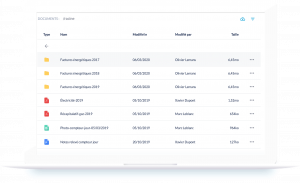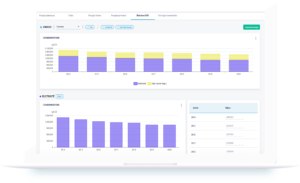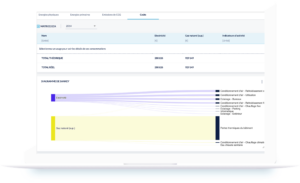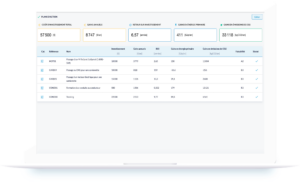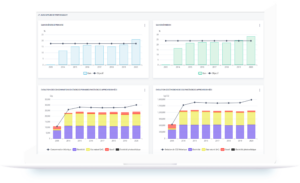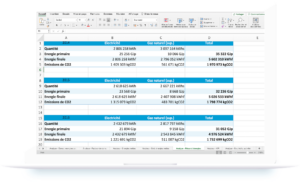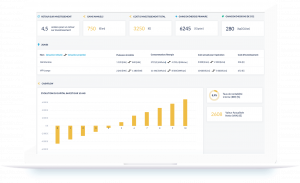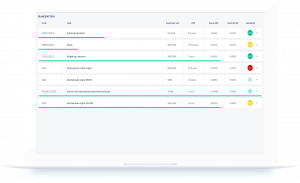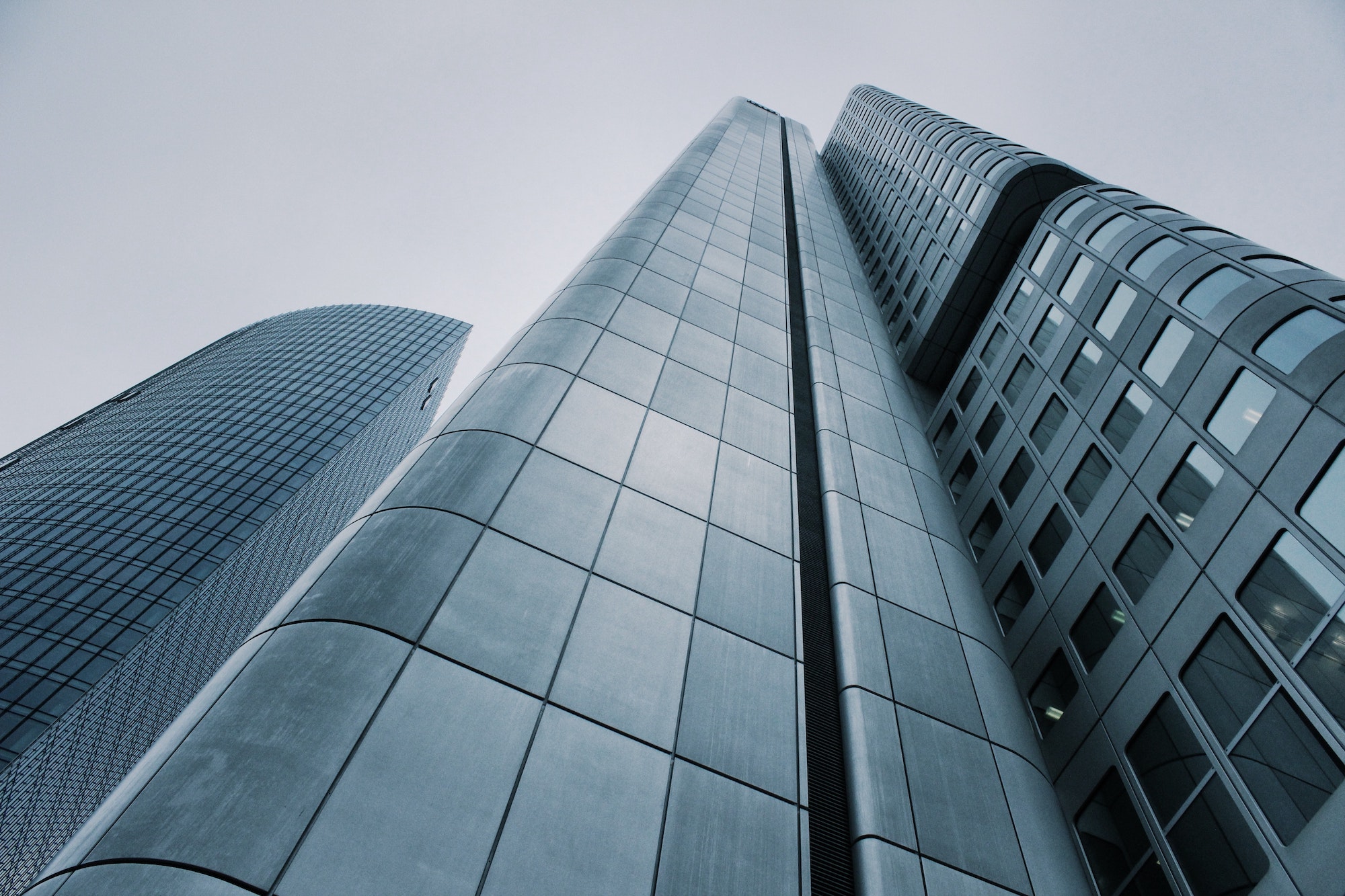
FRANCE: tertiary decree
"Décret tertiaire" - tertiary decree
How to meet regulatory requirements and take advantage of the energy gains generated?
By Antoine BAGUETTE
Business Developer
What is the Tertiary Decree?
Who is affected by the tertiary decree?
It is quite simple: all tertiary buildings with a surface area of more than 1,000 m² are concerned. This means office buildings, shops, administration buildings, schools, etc.
Both owners and tenants are concerned!
And in concrete terms?
The decree obliges all tertiary buildings with a surface area of more than 1,000 m² to make energy savings in relation to a reference year (-40% by 2030, -50% by 2040 and -60% by 2050 in relation to 2010) OR in relation to a threshold defined for each type of building (consumption in kWh of final energy/m²/year not to be exceeded).
How to choose the reference year?
- The reference year cannot be before 2010;
- The year must correspond to a full year of operation;
- The consumption must be corrected for climate and intensity of use.
What are the penalties for non-compliance?
On the one hand, fines can be as high as €7,500. On the other hand, the name of the offender is posted on a website. This is a good way to get bad publicity…
How to comply and take advantage of the energy gains generated?
The tertiary sector decree can be met in 3 steps:
- Establish the energy balance for each building
- Create an action plan and transfer it to the ADEME platform (OPERA)
- Monitor the achievement of the objectives

EASEE, the energy and CO2 diagnostic platform
EASEE is a web application that allows you to perform energy audits, build action plans, prioritise investments and monitor energy KPIs. All this, for you or your customers!
Discover all the benefits for an auditor



